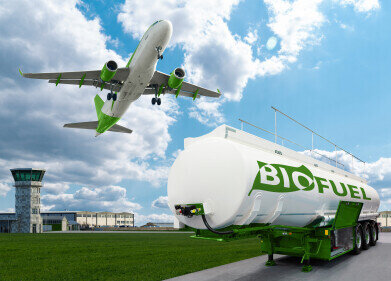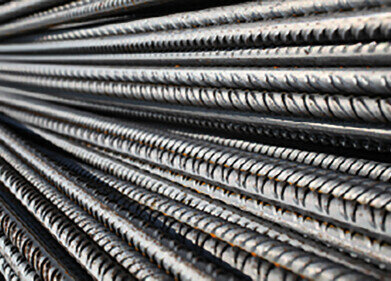Biofuel Industry News
How Can Thermal Analysis Help with Petrochemical Analysis?
May 19 2022
Thermal analysis has a wide variety of applications across the petrochemical industry. Techniques are used to characterise petroleum-derived products and map the physical and chemical properties of samples. This includes crude oil, as well as gasoline, diesel, lubricants and liquid petroleum gas.
Below, we take a closer look at how thermal analysis can help with petrochemical characterisation and some of the different methods used by scientists.
Measuring heat flow rates
Heat flow rate is used to calculate how much energy is transferred per unit of time when a sample is exposed to a constant temperature. Differential Scanning Calorimetry (DSC) is a thermal analysis technique used to measure heat flow rate and predict how petroleum products will perform in certain environments.
Tracking evaporation of volatile components
Many petrochemical products, such as lubricating and engine oils, are used at high temperatures. This increases the risk of losing key volatile components and as a result, increasing viscosity. The Noack volatility test, officially published as the ASTM D5800 Standard Test Method for Evaporation Loss of Lubricating Oils, tracks evaporation rates when products are exposed to high temperatures.
Calculating thermal stability
Thermal stability is an important parameter used to assess the quality and expected performance of petrochemical products. Thermal Gravimetric Analysis (TGA) is used to measure weight changes that occur when a sample is heated at a constant temperature. Data is used to calculate the thermal stability of petrochemical products and determine suitability for different applications.
Optimising recycling processes
Recently, advanced thermal analysis mass spectrometry has emerged as a valuable tool for optimising petrochemicals recycling processes. High-performance materials, including composites, fibres and polymers, are widely used for consumer and industrial applications. Naturally, this creates a large amount of waste and creates recycling challenges as the materials are harder to break down.
Pyrolysis, an innovative thermal decomposition process, has stepped up as an efficient and eco-friendly recycling solution for high-performance materials. The process uses high temperatures to actively change the chemical composition of solid plastic waste. Pyrolysis is founded in thermal analysis and has exciting implications for the recycling sector and for addressing the climate crisis.
The term is derived from the Greek words pyro meaning “fire” and lysis meaning “to separate”. Dr Lukas Friederici from the University of Rostock in Germany will explore pyrolysis and thermal analysis techniques in more detail in a seminar scheduled for the upcoming PEFTEC conference.
Breaking new ground for petroleum analysis
Want to know more about how analytical techniques such as Differential Scanning Calorimetry and Thermal Gravimetric Analysis are the backbone of the petroleum industry? Find out more about thermal analysis, as well as other methods such as Time of Flight Mass Spectrometry (TOF), Gas Chromatography (GC) and Thermal Gravimetric Analysis (TGA), in ‘Which Instruments & Techniques Are Used for Fuel, Petrochemical & Oil Analysis?’
Digital Edition
PIN 25.3 June/July
June 2024
Analytical Instrumentation - Recent Advances In Various Bench Scale Accelerated Oxidative Testing Methods For Fuels - Petrochemical Industry: Anton Paar Solutions Streamline Processes, Reduce H...
View all digital editions
Events
Jul 30 2024 Jakarta, Indonesia
Jul 30 2024 Jakarta, Indonesia
China Energy Summit & Exhibition
Jul 31 2024 Beijing, China
Jul 31 2024 Chengdu, China
Aug 05 2024 Moon Township, PA, USA


















